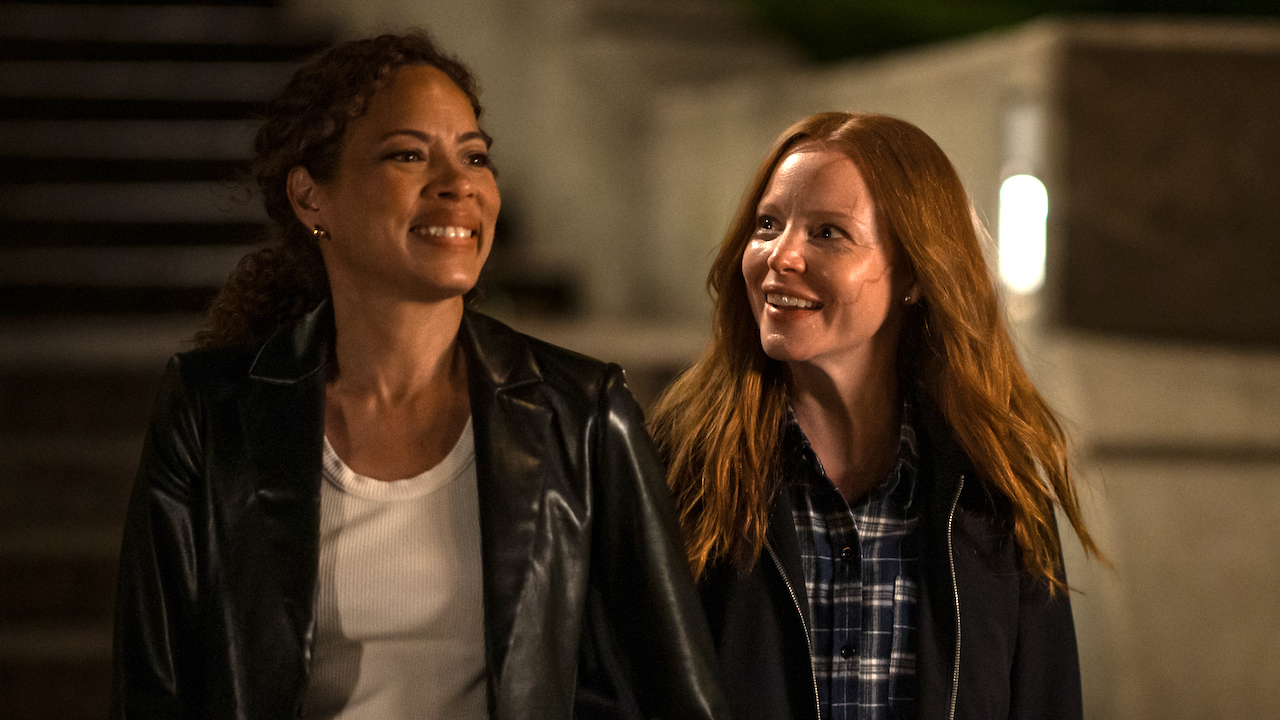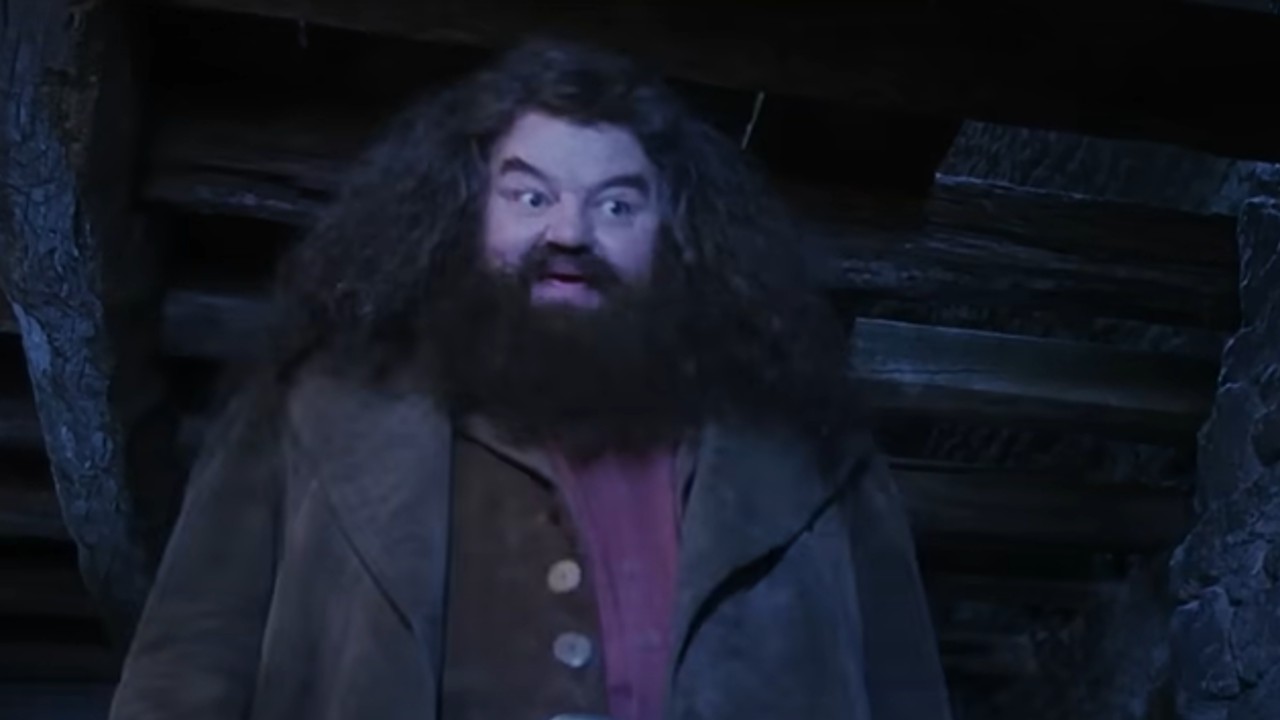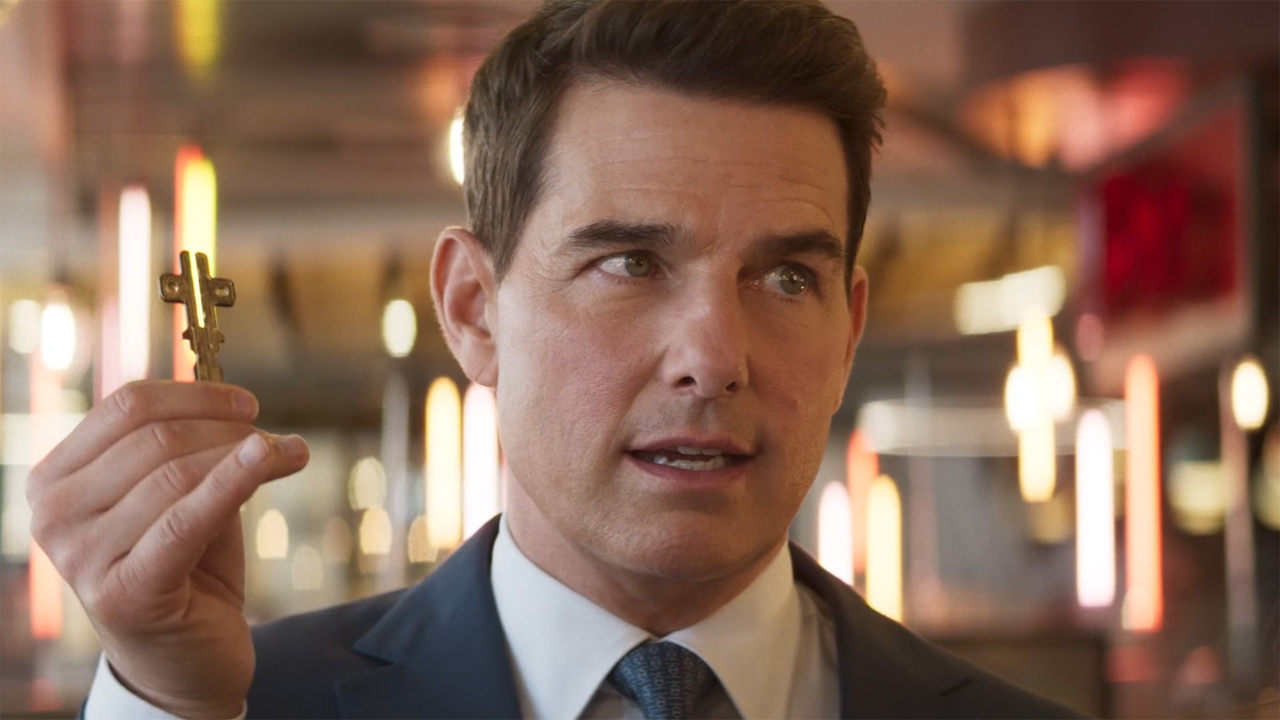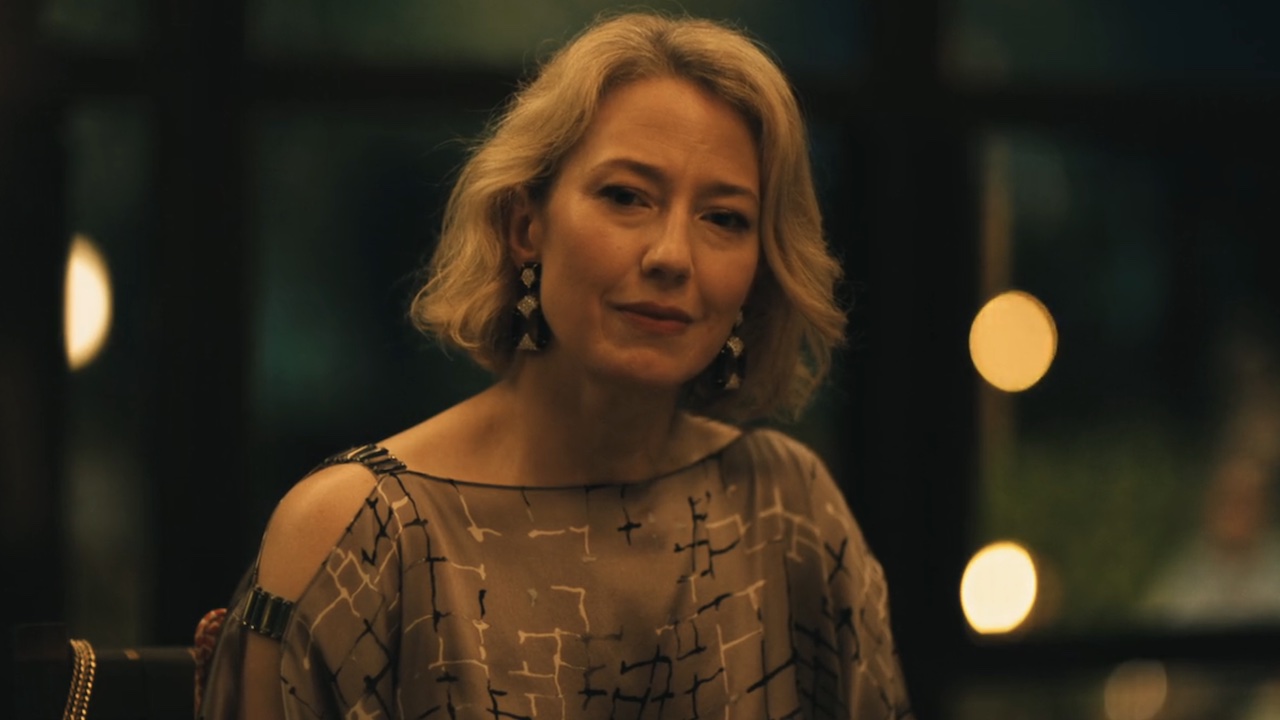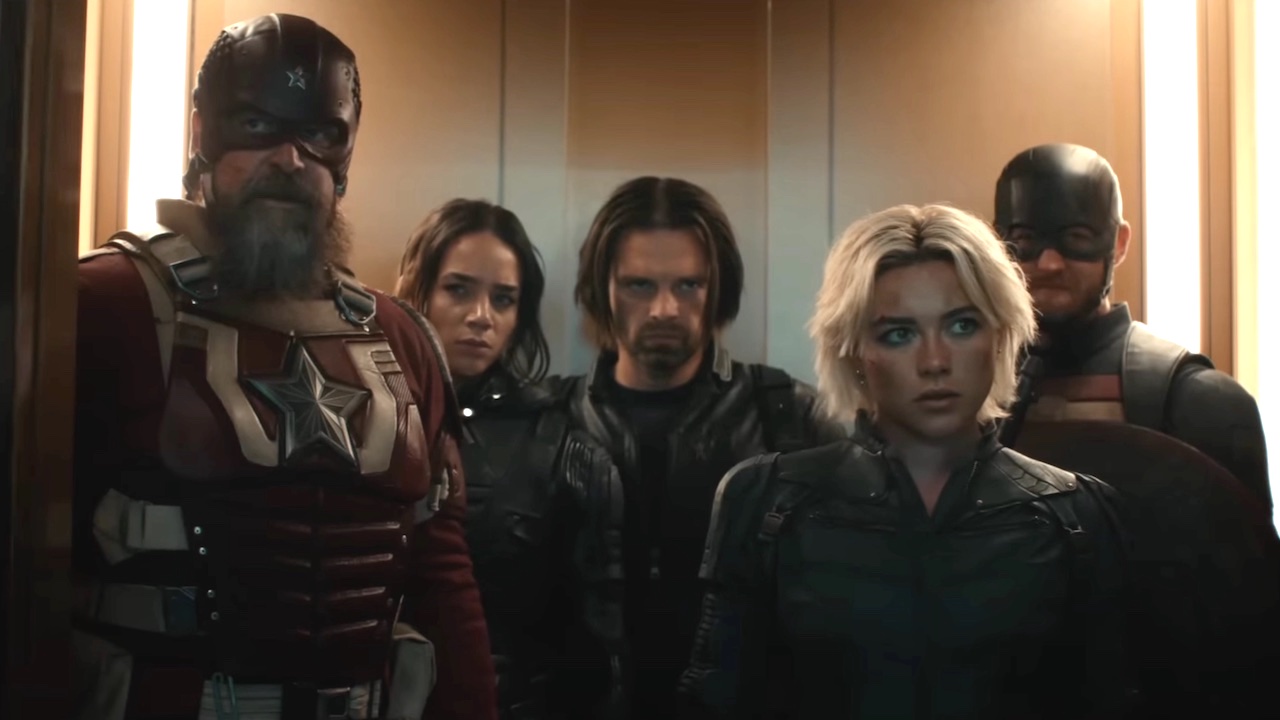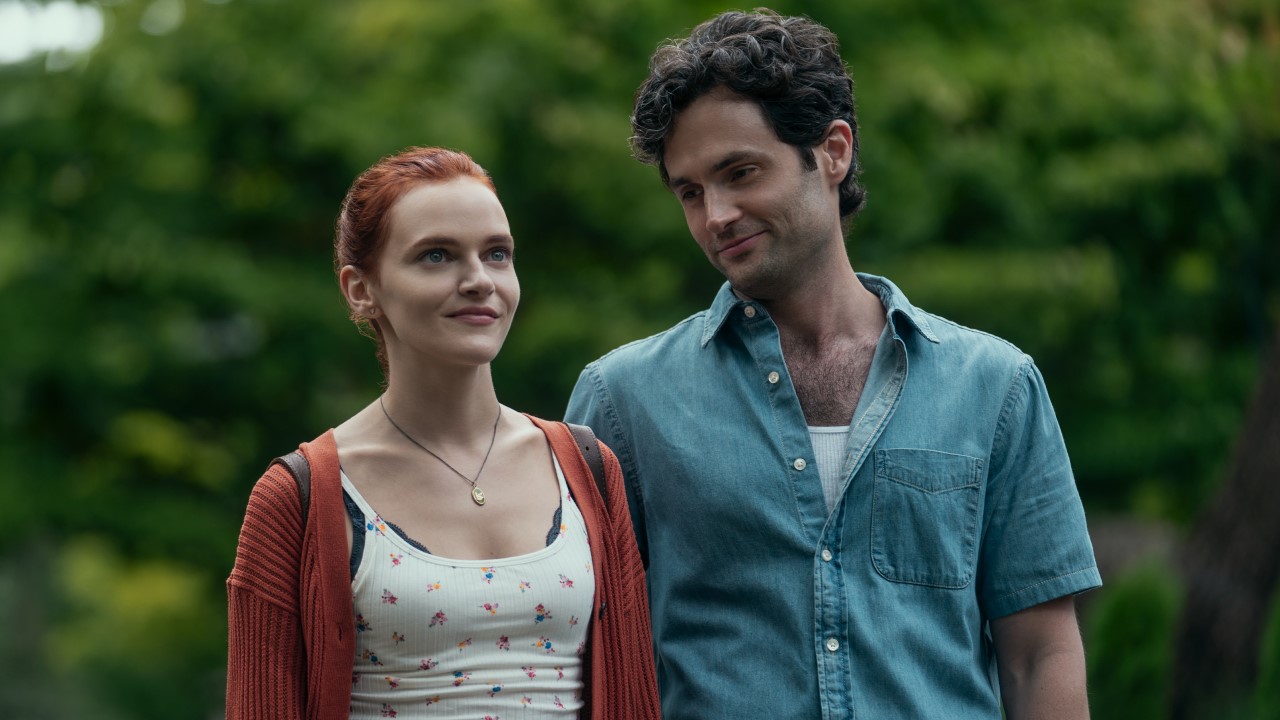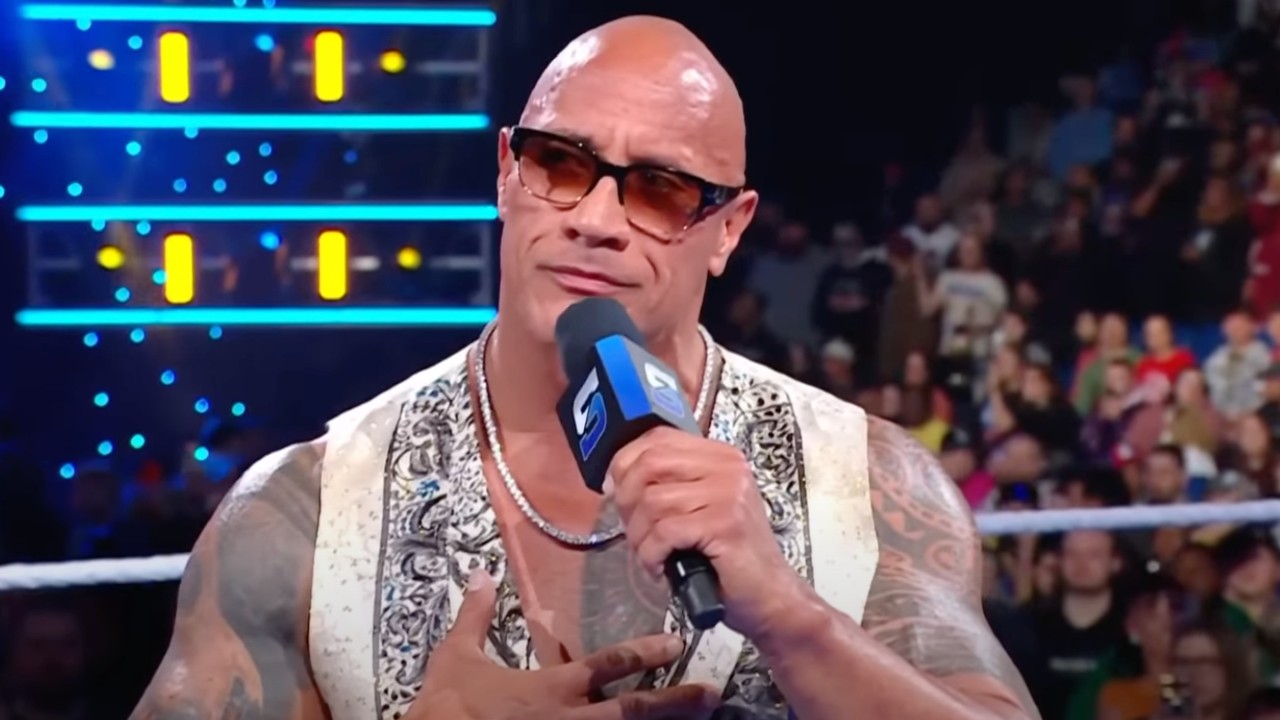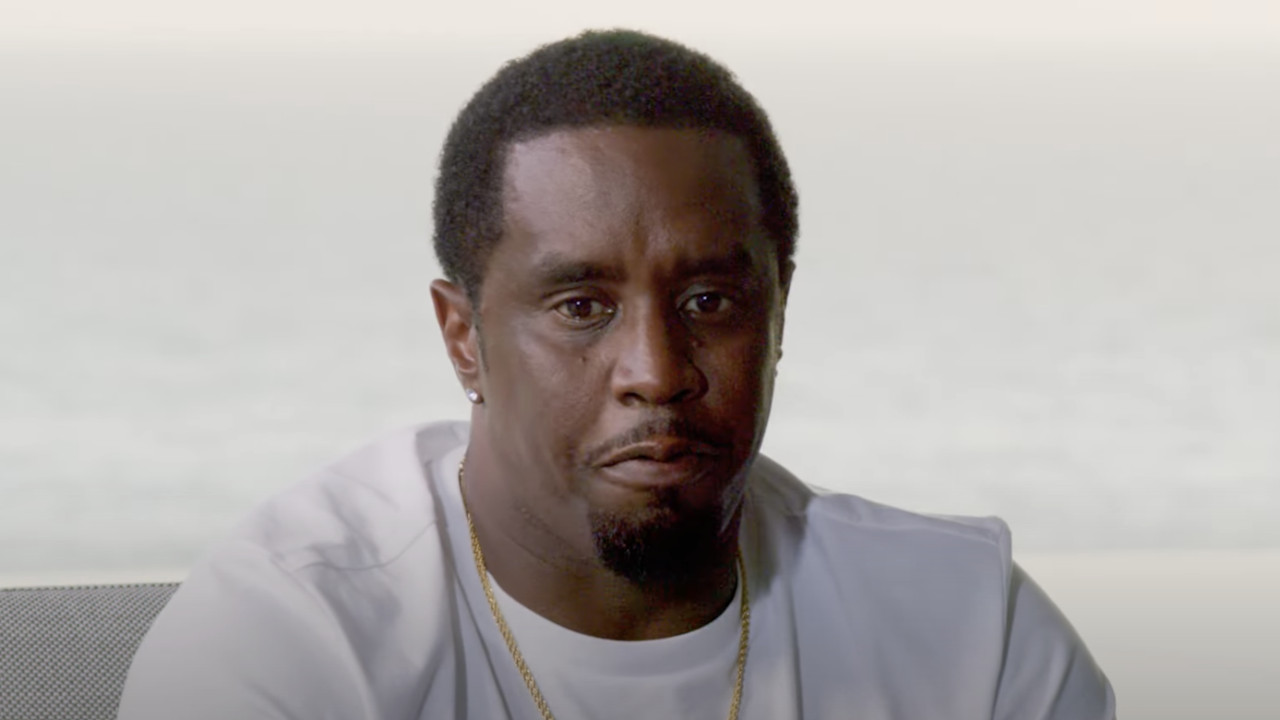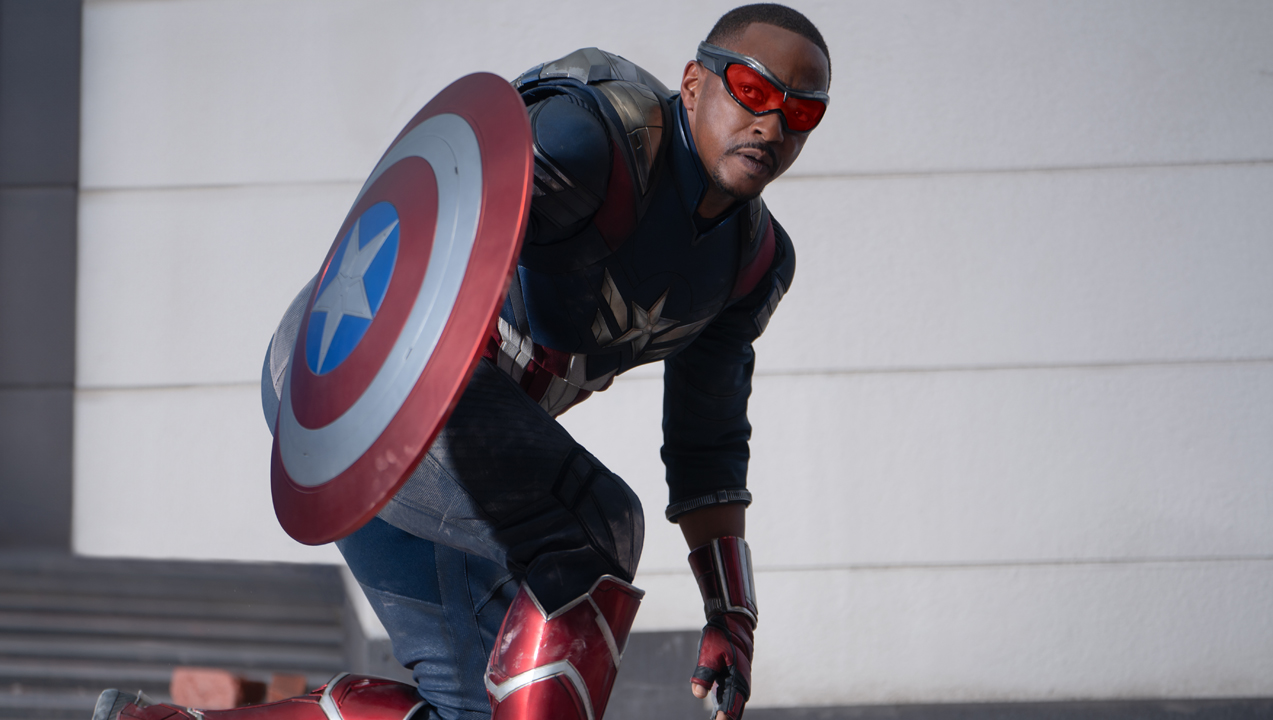Spider-Man: No Way Home Writers Talk That Ending, And How They Weren’t Sure At The Time If Tom Holland Would Do Another Movie
Spider-Man: No Way Home's ending was a doozy, and it came with complications for the writers.
Massive spoilers ahead for Spider-Man: No Way Home.
It’s been a few weeks since the release of Spider-Man: No Way Home, and audiences are still reeling from the wild multiversal action. On top of featuring a ton of returning characters from the previous two franchises, Jon Watts’ threequel also seemingly gave a conclusion to the current storyline for Peter Parker. Now the writers of No Way Home have spoken about that ending, and how they weren’t sure at the time if Tom Holland would do another movie.
Spider-Man: No Way Home marked Tom Holland’s whopping sixth movie in the MCU, and the end to his contract with Sony and Marvel. So when the blockbuster was being written, it was unclear if that movie would be the Uncharted actor’s last. Writer Chris McKenna opened up about how this influenced his process, saying:
I think it’s a fitting ending if it had to end this way. We never know. ‘Oh, is Tom doing another one? Will we be a part of it?’ At a certain point we just got to keep our eye on the one in front of us. ‘Is this a satisfying story that doesn’t just feel like we are ending on a cliffhanger that is trying to trick you in to the next one?’
Well, there you have it. Rather than trying to set up future adventures for Tom Holland’s Peter Parker, Spider-Man: No Way Home was given an ending that could potentially wrap up his narrative in the MCU. We’ll just have to see if/when Holland signs a new deal to continue his tenure as the web slinger.
Chris McKenna’s comments to THR help to show what it’s really like working on a major blockbuster like Spider-Man: No Way Home. While audiences see a shiny, completed project, it’s ultimately made by regular people just trying their best. And having no guarantee of more Tom Holland movies definitely affected how the record-breaking movie’s ending was handled.
At the end of Spider-Man: No Way Home, Peter Parker makes a powerful sacrifice. He lets Doctor Strange’s spell wipe out all of his loved one’s memories of him, resulting in losing MJ, Ned, and Happy Hogan. And with Aunt May also having passed away, Spider-Man is left all alone and without any Stark tech to help his crime fighting in New York. Later in that same interview, Chris McKenna explained this turn of events, saying:
I do feel with this ending, Peter makes a sacrifice. There are all these Marvel movies about him trying to figure out what it is to be a hero, what it is to be Spider-Man, what it is to be Peter Parker, how to balance both, how to have it all. He gets to have it all at the end of the last movie, right before that tag and then it’s all stripped away. ‘Oh no! What are they going to do next time?’ This one feels like it’s more mature because it really is, as Doctor Strange says, ‘You are trying to have it all. You can’t have it all. You’ve got to make a choice.’ Whereas the Goblin is telling him the entire time, ‘You’re a God. You can have it all! Stop trying to make a choice.’ But we know that the right thing is he can’t be endangering his loved ones. He loves these people so much that he can’t be a part of their lives and he knows that for now — is it going to be an Andrew Garfield life? No. I don’t think so. Andrew Garfield went into bitterness and darkness. I don’t see that for this one. He’s hopeful. He has chosen this life.
I’m not crying, you’re crying. The ending of Spider-Man: No Way Home is an emotional one for a few reasons, in no small part because Peter Parker finally makes his way as an adult superhero. With the spell in place none of the Avengers will remember him, so he’s back on his own in New York. But while it’s sad it’s also hopeful, as this was a choice made by Tom Holland’s character at the end of Act 3.
CINEMABLEND NEWSLETTER
Your Daily Blend of Entertainment News
One of the most heartbreaking scenes comes when Peter Parker goes to visit MJ at the diner she works at, with the intention of telling her and Ned the truth about Doctor Strange’s spell. In the end he chooses against this, which should help keep his two loved ones out of harm’s way. As co-writer Chris McKenna went on,
He could spill the beans and get MJ and Ned back and he could convince them of everything and have everything he wanted when he walked into Doctor Strange’s Sanctum Sanctorum. He could get it, but now he has a choice and he doesn’t make that choice because he knows ultimately there’s a sacrifice that has to be made if he’s going to be the person that May raised him to be. This is the responsibility that he now has to live with. In a lot of ways, this is the other two [Spider-Men] helping him get to a place where maybe they got to before he did. This is the great sacrifice. The death of May is the turning point in his life and really turns what it means to be Peter Parker and Spider-Man into a different place for him.
Touche. Throughout most of Peter Parker’s appearances he’s kind of got it all. He’s able to balance being a superhero with a high school student, and his loved ones know his secret and support him. But Spider-Man: No Way Home sees him making a number of sacrifices, especially with the death of Marisa Tomei’s Aunt May. And by the end of the movie’s 148-minute runtime he’s become a version of Spider-Man which feels more accurate to the comics. And he a new fancy, homemade suit.
Spider-Man: No Way Home is in theaters now, and continues to perform at the box office. The next installment in the MCU is Doctor Strange in the Multiverse of Madness on May 6th. In the meantime, check out the 2022 movie release dates to plan your next movie experience.
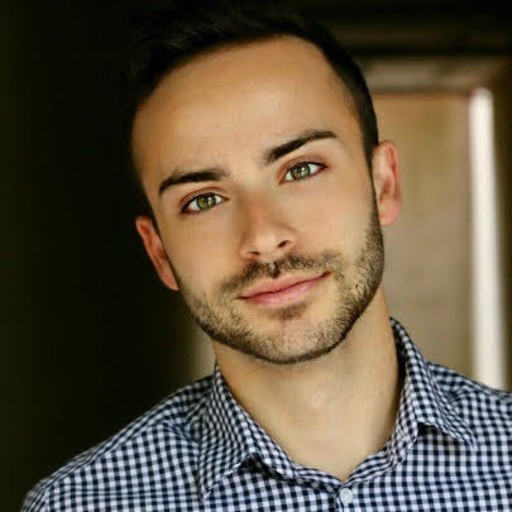
Corey was born and raised in New Jersey. Graduated with degrees theater and literature from Ramapo College of New Jersey. After working in administrative theater for a year in New York, he started as the Weekend Editor at CinemaBlend. He's since been able to work himself up to reviews, phoners, and press junkets-- and is now able to appear on camera with some of his favorite actors... just not as he would have predicted as a kid. He's particularly proud of covering horror franchises like Scream and Halloween, as well as movie musicals like West Side Story. Favorite interviews include Steven Spielberg, Spike Lee, Jamie Lee Curtis, and more.

